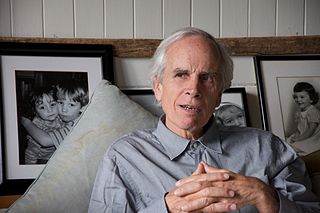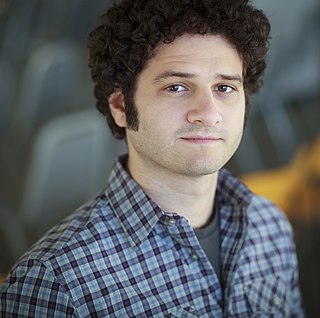A Quote by Reid Hoffman
Blitzscaling is always managerially inefficient - and it burns through a lot of capital quickly. But you have to be willing to take on these inefficiencies in order to scale up. That's the opposite of what large organizations optimize for.
Related Quotes
The very large units of production and exchange have access to credit on a large scale, sometimes without any cover at all, merely upon the prospect of their success, and always upon terms far easier than are open to their smaller rivals. It is perhaps on this line of easier credit that large capital today does most harm to small capital, drives it out and ruins it.
The financial doctrines so zealously followed by American companies might help optimize capital when it is scarce. But capital is abundant. If we are to see our economy really grow, we need to encourage migratory capital to become productive capital - capital invested for the long-term in empowering innovations.
Engineers love to optimize problems. Now I optimize logistical problems. I ask: 'What's the goal? What are our constraints? What is the optimal, elegant way to get to that goal within those constraints?' I break it down in terms of a data funnel: 'Where in the funnel are we inefficient?' That analytical background really helps.
From building a fire one can learn something about artistic composition. If you use only small kindling and large logs, the fire will quickly eat up the small pieces but will not become strong enough to attack the large ones. You must supply a scale of sizes from the smallest to the largest. The human eye also will not make its way into a painting or building unless a continuum of shapes leads from the small to the large, from the large to the small.

































